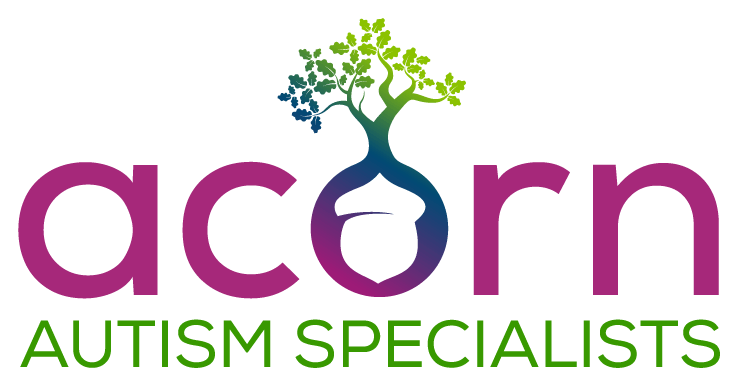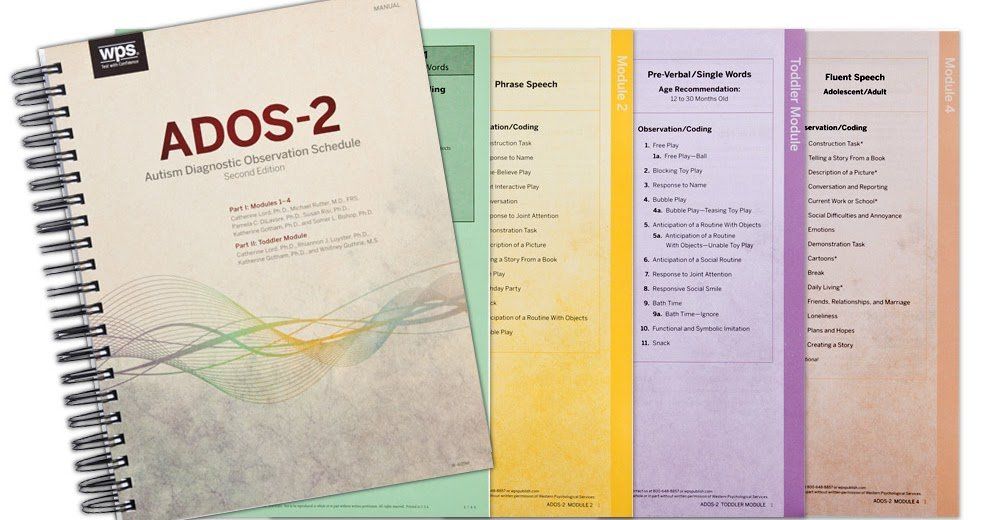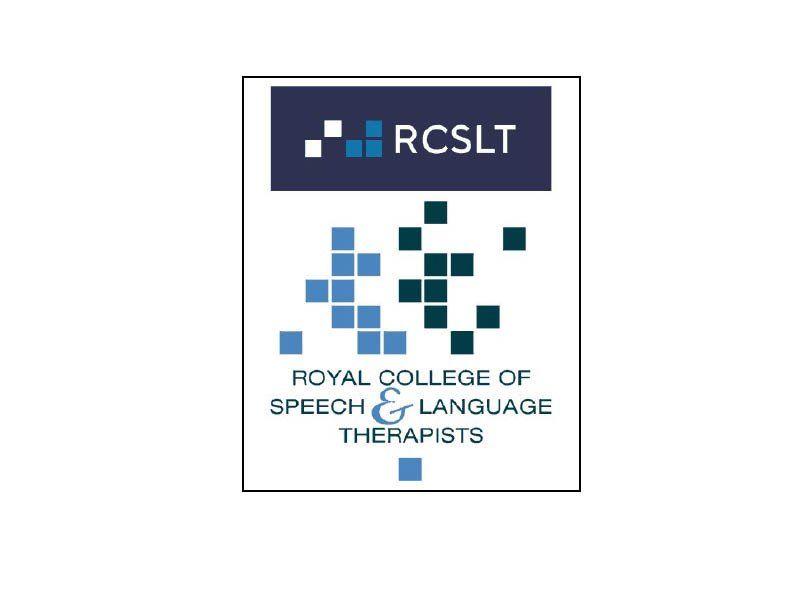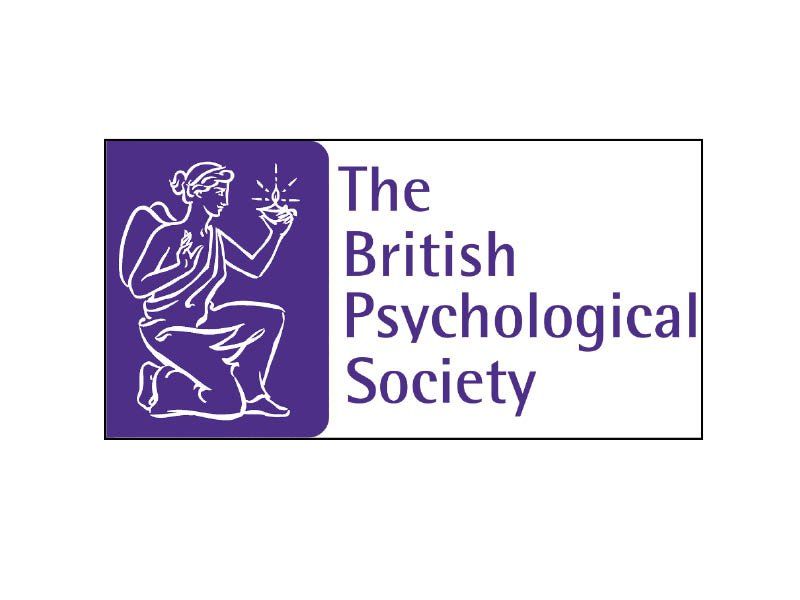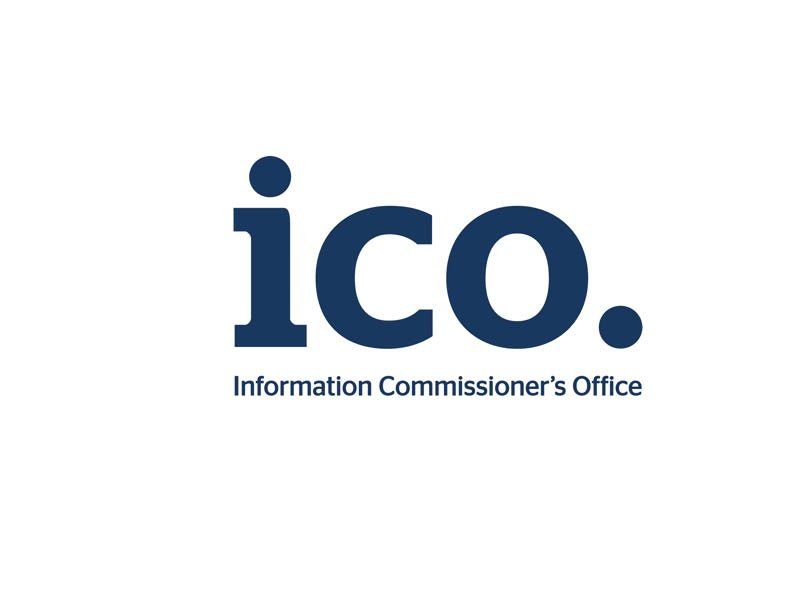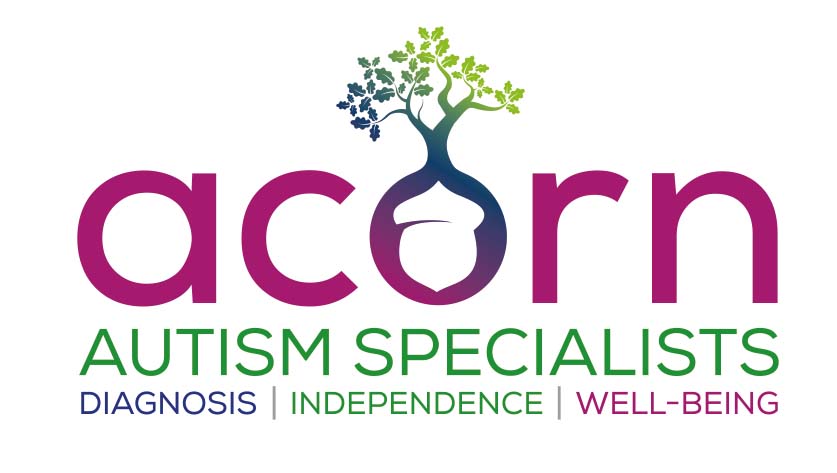A word about autism blog
How to explain an autism diagnosis to my child.
Understanding and processing your child’s autism diagnosis is one thing, but explaining it to your child is entirely different. It is not as simple as a one-off explanation either. Rather, explaining a diagnosis then sprouts a range of questions and conversations that will continue and change as your child grows. Here are our suggestions on how to explain an autism diagnosis to your child now and some things to keep in mind moving forward.
Start with an open, honest discussion and keep it open
Honesty is the best policy for a reason. Speaking the truth to your child immediately about their diagnosis lets them know that they need not be ashamed of it nor keep it secret. Beginning with an honest and open conversation sets the tone for further discussions on the topic.
Check in with your child regularly. Let them know that you are there for them to discuss and navigate any concerns, difficulties and of course, wins! Letting your child know that they have autism is not a one time discussion. It is an ongoing conversation that should always be open.
Talk about autism, strengths and differences in a positive way
Whilst often weighed down by its negative connotations, autism has many positives. Greta Thunberg describes her difference and place on the spectrum as a ‘superpower’. As with any child, whether neurotypical or neurodiverse, strengths and differences should always be referenced in a positive way. A diagnosis can only be a good thing because it means that you can cater to your child so that they can live, learn, and play in the way that best suits their needs. Likewise, other key people in your child’s life, (teachers, coaches, family members and friends), can have a better level of understanding of your child and assist in making their life easier.
Watch some videos from actual autistic individuals
By watching videos of real autistic people, your child will grasp that autism is on a diverse spectrum. They may also see themselves in one or more of the individuals they watch, and feel comforted that others experience the world in the same way that they do.
Encourage your child to be themselves
An autistic person is not defined entirely by their diagnosis, it is just one element of who they are. We all know that our children are unique and that their individuality should be celebrated. Knowing when they can challenge or limit themselves is important. They do not need to get up and do a speech in front of the school, just because the majority of the class is. They can do things their own way and march to the beat of their own drum. Wouldn’t it be amazing if we all had the courage to know ourselves so well?
Give them the choice of if they want to tell their friends
Just as with any element about yourself, it should be on your terms of who and when you tell certain people. Your child may want to tell their friends, or they may not. It is important for them to be comfortable in making these choices when and if they are ready. They might need time to understand and be comfortable with the diagnosis themselves before they tell others.
As with any serious conversations with your child, it can be difficult to begin. And similarly, the basics of any important discussions ring true. Keep it honest, open, positive, and be there to support your child with any questions or concerns they may have. That goes for initially and into the future. You know your child better than anyone so the nuances of how and when you approach the situation are yours to decide.
Available at: https://www.kidsonthespectrum.com.au/uncategorized/how-to-explain-an-autism-diagnosis-to-my-child/?fbclid=IwAR2lH4dSsYEvcay6LNEC61lxkGALfhd0ftY5QJr959ECDTM1xk4dF2DJCFQ
